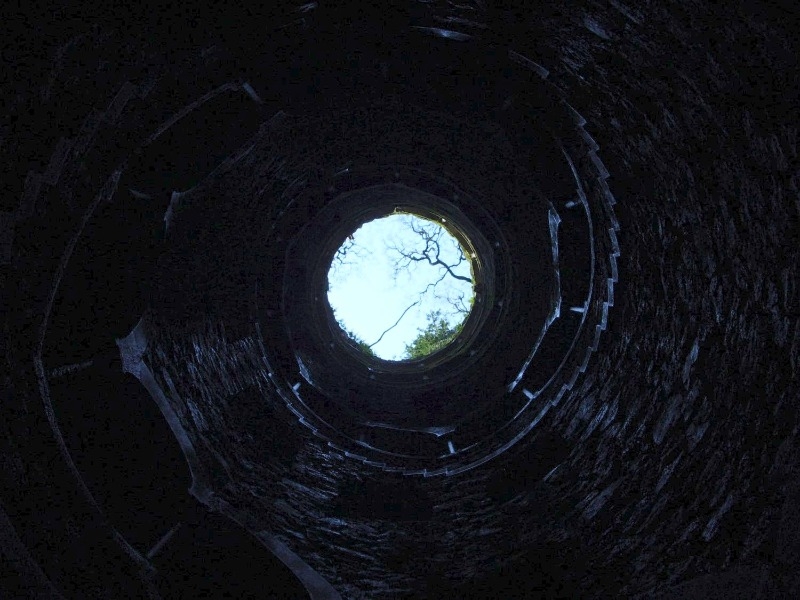Test Your Well Water
September 19, 2025
20% of Nebraska's population depends on private wells for drinking water. 15% of private water supplies are contaminated with coliform bacteria, have elevated nitrate levels, or both.
Nebraska 2024 Groundwater Quality Monitoring Report
To make sure you're safe, test your well water. South Heartland District Health Department recommends that anyone using a private well test their water every year for coliform bacteria and nitrates. Several local services offer water testing, and we’re currently providing free nitrate testing through our partnership with the University of Nebraska–Lincoln’s Citizen Science Project. Call (402) 462-6211 to learn more!
Nitrates
Water with nitrate levels higher than 10 parts per million is a concern for:
- Infants under 6 months of age
- Pregnant people
- The elderly
Boiling water will not reduce nitrate levels.
2019-2025 Nitrate Violations Report
Coliform Bacteria
- Coliform bacteria are microscopic and generally harmless organisms that live in the intestinal tract of many warm-blooded animals.
- These organisms are excreted through feces and can make their way to the ground water.
- Coliform bacteria are not direct disease causing but can be associated with other more dangerous strains of bacteria such as shigella, salmonella and E.coli.
- Treatment of coliform bacteria is relatively simple and inexpensive. Shock chlorination can be used to clean up a well.
Don't Flush Expired Pharmaceuticals
According to the Associated Press, tests have detected small concentrations of pharmaceuticals in the drinking water supply of 41 million Americans, making this a public health issue of growing concern. Pharmaceuticals enter the water supply via human waste, through medications that are flushed down the toilet, and through agricultural runoff at landfills. While a large percentage of medications wind up in septic systems, wastewater treatment plants can’t effectively filter all traces of the drugs, allowing the contaminants to eventually infiltrate groundwater.
Any hazardous substance -- if spilled on the ground, leaked underground, or poured down an abandoned well or borehole -- can infiltrate groundwater, the drinking water source for nearly 35 million Americans using privately owned water wells. As a private well owner, you are the manager of your water system. Your practices as a property owner can directly impact your water quality or that of other well owners in the area.
So how can you help protect your water system from pharmaceuticals? SHDHD, along with the Area Substance and Alcohol Abuse (ASAAP), local law enforcement agencies, and area pharmacists, suggest responsible disposal.


 Launch the media gallery 1 player
Launch the media gallery 1 player